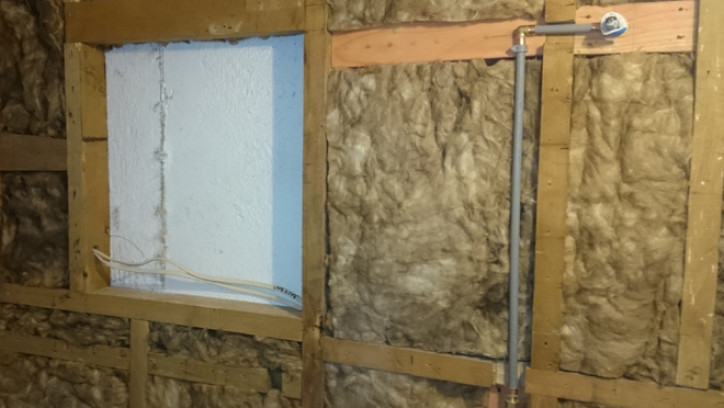In today's world, fire safety is of utmost importance. Whether it's for residential or commercial buildings, choosing the right materials that can withstand high temperatures and prevent the spread of fire is crucial. One such material is glass, which can be specially designed to be fire-resistant. In this blog post, we will delve into the various types of fire-resistant glass and their unique properties, providing you with valuable insights for your fire safety needs.
- Wired Glass:
Wired glass is a type of fire-resistant glass that has a wire mesh embedded within it. This mesh helps to hold the glass together when exposed to high temperatures, preventing it from shattering and creating a barrier against flames and smoke. Wired glass is commonly used in fire doors, windows, and partitions, providing both fire protection and visibility. - Ceramic Glass:
Ceramic glass, also known as glass-ceramic, is another type of fire-resistant glass. It is made by subjecting glass to a controlled thermal treatment, resulting in a material that can withstand extreme temperatures. Ceramic glass offers excellent thermal insulation and can resist thermal shock, making it suitable for applications such as fireplace doors, wood-burning stoves, and high-temperature industrial processes. - Laminated Glass:
Laminated glass is a type of safety glass that consists of multiple layers of glass bonded together with an interlayer of polyvinyl butyral (PVB). While not inherently fire-resistant, laminated glass can be manufactured with fire-resistant interlayers, providing enhanced fire protection. This type of glass retains its integrity even when exposed to fire, preventing the spread of flames and smoke. Laminated glass is commonly used in fire-rated doors, windows, and curtain walls. - Tempered Glass:
Tempered glass, also known as toughened glass, is a type of safety glass that undergoes a special heat treatment process. While not specifically designed to be fire-resistant, tempered glass has high thermal resistance and can withstand rapid temperature changes. In the event of a fire, tempered glass may not break immediately, providing a temporary barrier against flames and heat. It is commonly used in fire-rated windows, skylights, and glass partitions.
Conclusion:
When it comes to fire safety, choosing the right type of glass is essential. Wired glass, ceramic glass, laminated glass with fire-resistant interlayers, and tempered glass all offer varying degrees of fire resistance. Each type has its own unique properties and applications, providing solutions for different fire safety requirements. By understanding the characteristics of these fire-resistant glasses, you can make informed decisions to protect lives and property in the event of a fire.


